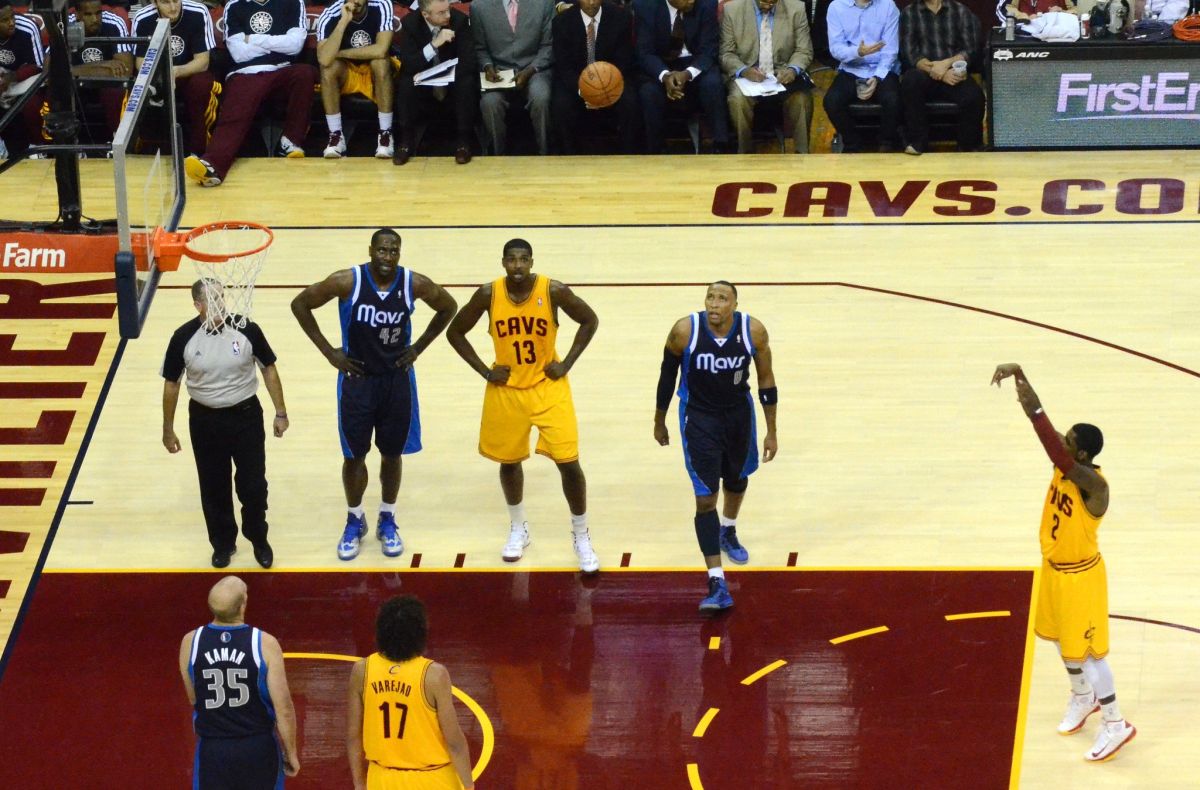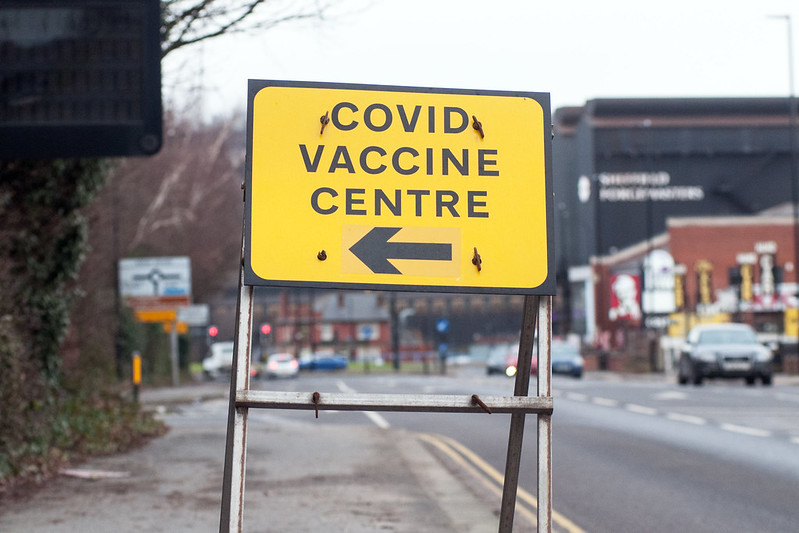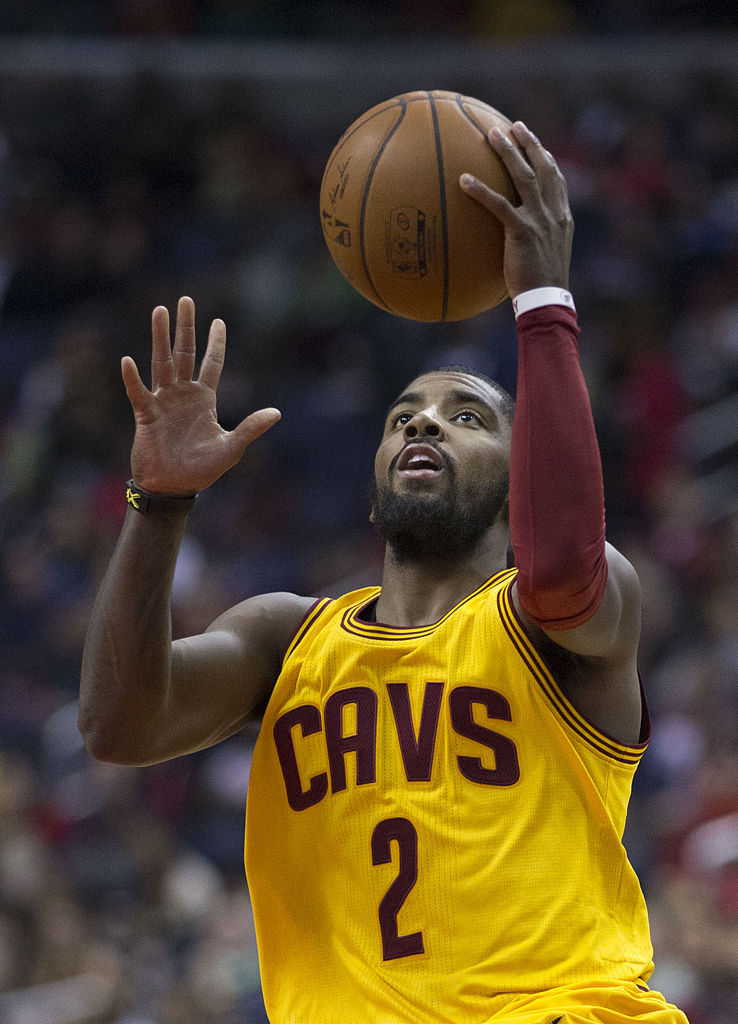Opinion: Athletes should require a Covid vaccine to compete
By adampogrund

The question of compulsory COVID-19 vaccines is a debate that goes far beyond the sphere of sport. However, the issue has raged on in sporting activities all across the globe.
Currently, there are no sports in the UK in which athletes must be vaccinated to compete, although fans attending some events might be required to provide a COVID Pass, showing a negative test or proof of vaccination. This differs in the US, where the NBA has forced players to get vaccinated. The UK is extremely unlikely to follow suit, but with the disruption caused to sport due to the coronavirus pandemic, as well as for the health benefits, there are calls to be made about whether or not vaccines should be mandatory for professional athletes.
In the UK, 80% of over 12’s have had both doses of the vaccine. The number is lower for Premier League footballers, with only 68% being double vaccinated as of mid-October. Simply put, if the necessary sporting authorities deemed vaccines essential, more athletes would be vaccinated. As a result of this occurring in the NBA, 95% of basketball players are vaccinated.
Andrew Wiggins, a Small Forward for the Golden State Warriors and the Canadian International team, appealed for exemption from the vaccine on religious grounds. The NBA refused, and he is now vaccinated. Clearly this more aggressive method has been successful in increasing the vaccination rates and this is wholly positive.

By getting vaccinated, individuals are helping in the fight against COVID-19. As Klopp pointed out, not being vaccinated is like drunk driving, it is dangerous to others. Athletes are no different to the rest of the population in spreading the virus, but they do have greater responsibility for their actions due to their being in the public eye.
They should lead by example and as Sajid Javid argues, “They are role models in society. People, especially young people, I think will look up to them and they should recognise that, and the difference that can make in terms of encouraging others.”
Furthermore, sportspeople travel the world more than almost any other profession, and were given a privileged position during the pandemic. Project Restart allowed Premier League players to finish the 2019/20 season and mix with their teammates, whilst the rest of the country had severe limitations on who they could interact with.
Another such benefit was that elite athletes competing in international events were exempt from isolation when returning from certain countries abroad. Significant effort was spent trying to allow sport to continue during the outbreak and it would be selfish for those profiting from special treatment to not do their part and be vaccinated.
If more athletes are vaccinated there is a lower chance of COVID-19 spreading, and therefore a more minimal disruption to sport. It would avoid events such as the Brazil vs Argentina football match that was suspended mid-game after Argentinian players were accused of breaking isolation regulations.
Another incident occurred with tennis player Novak Djokovic. He expressed his opposition to mandatory vaccinations and even organised the Adria Tour in June 2020. No ATP tournament had run since the pandemic began, and crowds of around four thousand watched the matches without social distancing measures. The tournament was eventually cancelled after he and other competitors contracted COVID-19 from playing at the event. These fiascos would be largely avoided if players were vaccinated.
Athletes should get vaccinated to help the health of themselves and their community. They will often have access to world-leading doctors who could alleviate any fears about the vaccine. Parts of the world are still locked down, and billions are unable to receive a COVID vaccine. Athletes as well as every other person can help the world by getting jabbed. As NBA legend Abdul-Jabbar states: “There is no room for players who are willing to risk the health and lives of their team-mates, the staff and the fans simply because they are unable to grasp the seriousness of the situation or do the necessary research.”
On the other hand, there are some who believe mandatory vaccinations set a worrying precedent and that people have the right to their own bodies, and to refuse a vaccine if they wish. This is a more understandable approach than the athletes who peddle dangerous conspiracy theories.
Kyrie Irving, who has had a glittering career and was elected Vice-President of the NBA Players Association, is at the centre of the NBA debate surrounding compulsory vaccines. He refuses to get the vaccine, and due to local vaccine rules he is unable to train or play for the Brooklyn Nets. The criticism about the way Irving is being treated, and the impact on his career that this has had is clearly understandable, as well as the worries over the creation of a tiered society based on vaccination status. He is not being paid, something he would not have realised was a possibility when he signed his contract. Nonetheless, he has shared false conspiracy theories on his social media before, and it is not good to have someone in the public domain so fervently against vaccinations.

In general, elite athletes are more susceptible to conspiracy theories – an issue notoriously rife in football. England manager Gareth Southgate admitted footballers are “more open to conspiracy theories” about the Covid vaccine. One possible reason is because overall they are less likely to be formally educated in certain sports, as a result of pursuing sport over higher education. Another is as a “consequence of travel and ‘those journeys, from one end of the country to the other’ where ‘players spend long hours consumed by their mobile phones, scrolling through Twitter and other social media platforms.'” Forcing those who did not want to take a vaccine may have worked in the NBA but it may face sterner resistance from this side of the pond.
There are also fewer hardline approaches to encourage vaccination that have proved effective. In the NFL, 93% of players are vaccinated, and they are not forced to do so. There are rules such as if an outbreak occurs in a squad a game will not be cancelled, instead, the team will have to forfeit. This encourages the clubs themselves to focus on players becoming vaccinated.
Some sportspeople have rejected the vaccine due to performance-related worries rather than anti-vax conspiracies. That is the reason Team GB gave for some of its members not being vaccinated at the Tokyo Olympics. Athletes have a very precise diet and training schedule and are worried about how a vaccine might impact them.
There are even more mundane reasons, such as fear of needles. Irish football international Callum Robinson pointed towards lack of long term evidence around the vaccine as his reason for not being vaccinated, despite contracting COVID-19 twice. However, his argument has been rubbished due to the extensive research and focus of scientists finding no severe long term impacts of the vaccine.
It is clear the majority of athletes are not opposed to receiving COVID vaccinations. However, the majority is not enough, and as long as there is a minority of unvaccinated athletes with large public followings, damage can be done. Making sure sport is not disrupted is important, but it is not as vital as the health of the population. There would be fierce opposition if compulsory vaccinations were to be introduced in any sports league in the UK, but if they save lives it would be worth it.







